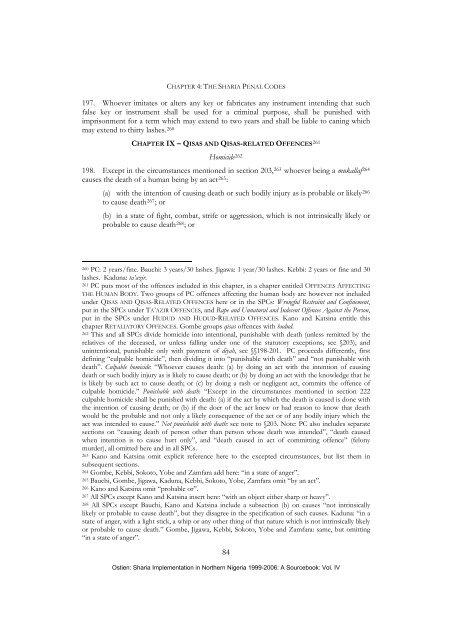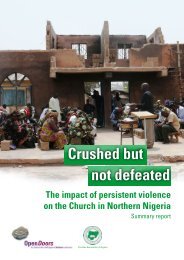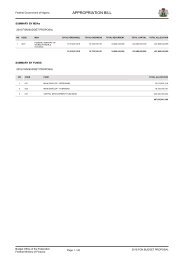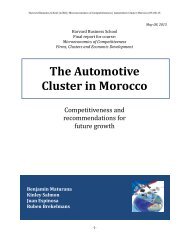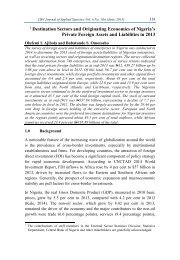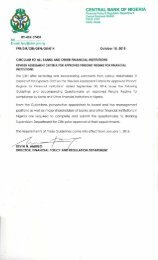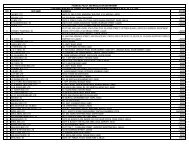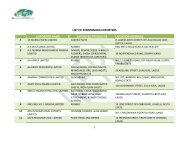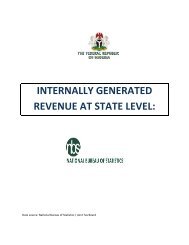vol_4_4_chapter_4_part_III
vol_4_4_chapter_4_part_III
vol_4_4_chapter_4_part_III
Create successful ePaper yourself
Turn your PDF publications into a flip-book with our unique Google optimized e-Paper software.
CHAPTER 4: THE SHARIA PENAL CODES<br />
197. Whoever imitates or alters any key or fabricates any instrument intending that such<br />
false key or instrument shall be used for a criminal purpose, shall be punished with<br />
imprisonment for a term which may extend to two years and shall be liable to caning which<br />
may extend to thirty lashes. 260<br />
CHAPTER IX – QISAS AND QISAS-RELATED OFFENCES 261<br />
Homicide 262<br />
198. Except in the circumstances mentioned in section 203, 263 whoever being a mukallaf 264<br />
causes the death of a human being by an act 265 :<br />
(a) with the intention of causing death or such bodily injury as is probable or likely 266<br />
to cause death 267 ; or<br />
(b) in a state of fight, combat, strife or aggression, which is not intrinsically likely or<br />
probable to cause death 268 ; or<br />
260 PC: 2 years/fine. Bauchi: 3 years/30 lashes. Jigawa: 1 year/30 lashes. Kebbi: 2 years or fine and 30<br />
lashes. Kaduna: ta’azir.<br />
261 PC puts most of the offences included in this <strong>chapter</strong>, in a <strong>chapter</strong> entitled OFFENCES AFFECTING<br />
THE HUMAN BODY. Two groups of PC offences affecting the human body are however not included<br />
under QISAS AND QISAS-RELATED OFFENCES here or in the SPCs: Wrongful Restraint and Confinement,<br />
put in the SPCs under TA’AZIR OFFENCES, and Rape and Unnatural and Indecent Offences Against the Person,<br />
put in the SPCs under HUDUD AND HUDUD-RELATED OFFENCES. Kano and Katsina entitle this<br />
<strong>chapter</strong> RETALIATORY OFFENCES. Gombe groups qisas offences with hudud.<br />
262 This and all SPCs divide homicide into intentional, punishable with death (unless remitted by the<br />
relatives of the deceased, or unless falling under one of the statutory exceptions, see §203), and<br />
unintentional, punishable only with payment of diyah, see §§198-201. PC proceeds differently, first<br />
defining “culpable homicide”, then dividing it into “punishable with death” and “not punishable with<br />
death”. Culpable homicide: “Whoever causes death: (a) by doing an act with the intention of causing<br />
death or such bodily injury as is likely to cause death; or (b) by doing an act with the knowledge that he<br />
is likely by such act to cause death; or (c) by doing a rash or negligent act, commits the offence of<br />
culpable homicide.” Punishable with death: “Except in the circumstances mentioned in section 222<br />
culpable homicide shall be punished with death: (a) if the act by which the death is caused is done with<br />
the intention of causing death; or (b) if the doer of the act knew or had reason to know that death<br />
would be the probable and not only a likely consequence of the act or of any bodily injury which the<br />
act was intended to cause.” Not punishable with death: see note to §203. Note: PC also includes separate<br />
sections on “causing death of person other than person whose death was intended”, “death caused<br />
when intention is to cause hurt only”, and “death caused in act of committing offence” (felony<br />
murder), all omitted here and in all SPCs.<br />
263 Kano and Katsina omit explicit reference here to the excepted circumstances, but list them in<br />
subsequent sections.<br />
264 Gombe, Kebbi, Sokoto, Yobe and Zamfara add here: “in a state of anger”.<br />
265 Bauchi, Gombe, Jigawa, Kaduna, Kebbi, Sokoto, Yobe, Zamfara omit “by an act”.<br />
266 Kano and Katsina omit “probable or”.<br />
267 All SPCs except Kano and Katsina insert here: “with an object either sharp or heavy”.<br />
268 All SPCs except Bauchi, Kano and Katsina include a subsection (b) on causes “not intrinsically<br />
likely or probable to cause death”, but they disagree in the specification of such causes. Kaduna: “in a<br />
state of anger, with a light stick, a whip or any other thing of that nature which is not intrinsically likely<br />
or probable to cause death.” Gombe, Jigawa, Kebbi, Sokoto, Yobe and Zamfara: same, but omitting<br />
“in a state of anger”.<br />
84


